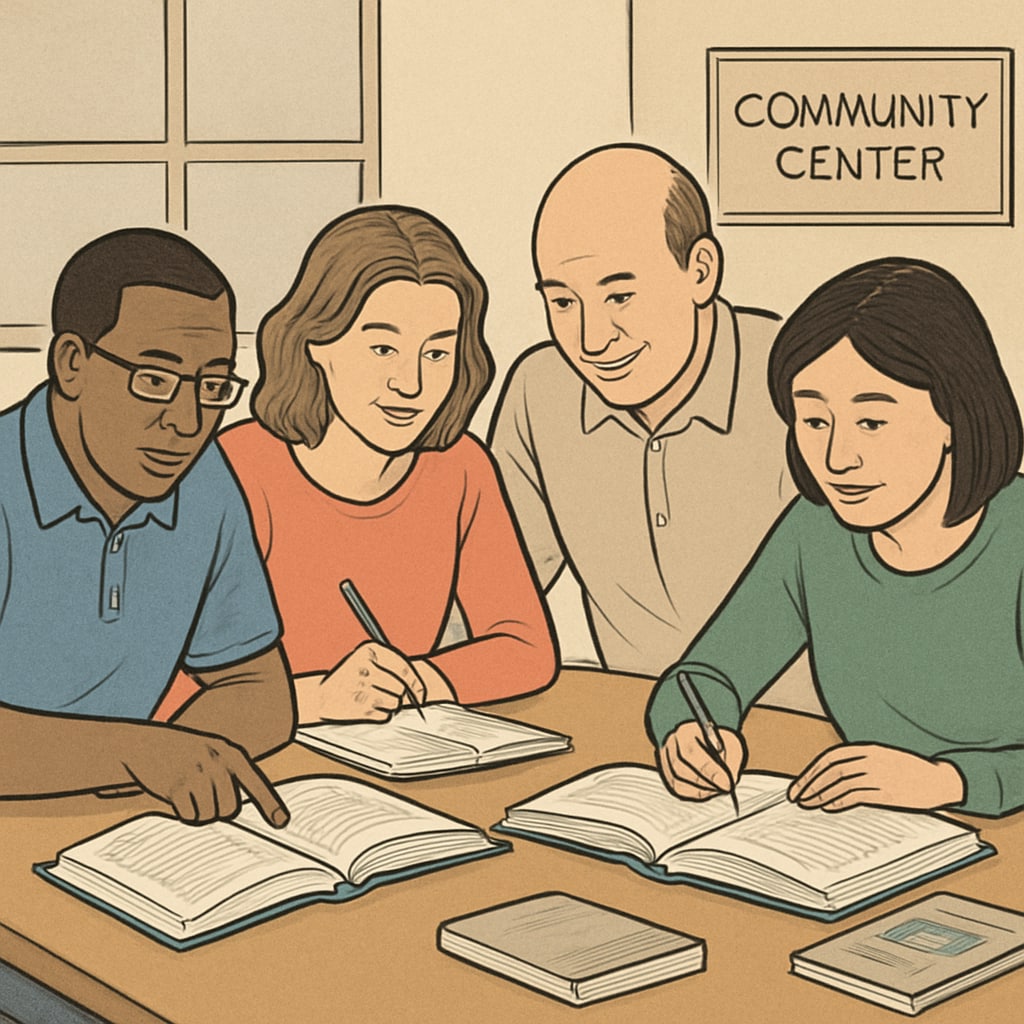Many adults grapple with the effects of childhood educational deficits, which can leave gaps in foundational knowledge and lead to significant learning difficulties. These challenges, stemming from various factors such as inadequate schooling or personal hardships, may hinder personal growth and professional development. However, it is never too late to address these gaps. With the right strategies, adults can rebuild their knowledge base and regain confidence in their ability to learn.

Understanding the Impact of Childhood Educational Deficits
Childhood educational deficits often result in a lack of foundational skills, such as literacy, numeracy, or critical thinking. These deficits can persist into adulthood, affecting career opportunities, social interactions, and self-esteem. For example, without basic math skills, managing personal finances may become overwhelming. Similarly, limited reading comprehension can hinder one’s ability to process information effectively. These challenges, while daunting, can be addressed with a structured and patient approach.
According to research, the human brain retains its ability to learn and adapt throughout life, a concept known as neuroplasticity (Neuroplasticity on Wikipedia). This means that adults have the capacity to overcome earlier deficits and acquire new skills, even in areas they once struggled with.
Strategies to Overcome Foundational Knowledge Gaps
Addressing educational deficits requires a combination of self-awareness, resources, and persistence. Here are some effective strategies:
- Identify Specific Gaps: Start by assessing which areas need improvement. Online diagnostic tools or adult education centers can help pinpoint weaknesses in literacy, numeracy, or other core subjects.
- Set Realistic Goals: Break down learning objectives into smaller, manageable steps. For example, aim to master basic arithmetic before tackling advanced topics like algebra.
- Leverage Technology: Utilize apps, online courses, and educational platforms like Khan Academy or Coursera. These resources cater to various learning styles and provide flexible learning opportunities.
- Engage in Lifelong Learning Communities: Joining groups or classes fosters peer support and motivation. Community colleges and libraries often offer free or low-cost adult education programs.
- Practice Consistently: Repetition and regular practice are key to solidifying new knowledge. Dedicate a specific time each day to study and review.
In addition, it is important to celebrate progress, no matter how small. Recognizing achievements can boost motivation and reinforce a positive learning mindset.

Building Confidence While Learning
Overcoming learning difficulties is not just about acquiring knowledge; it is also about rebuilding self-confidence. Many adults with educational deficits struggle with feelings of inadequacy or fear of failure. Here are a few ways to foster confidence:
- Adopt a Growth Mindset: Embrace the belief that abilities can be developed through effort and persistence. Mistakes should be viewed as learning opportunities rather than failures.
- Seek Mentors: A mentor can provide guidance, encouragement, and constructive feedback. This relationship can be invaluable in navigating challenges and staying motivated.
- Focus on Strengths: While addressing weaknesses is important, leveraging existing strengths can create a positive foundation for learning.
For additional inspiration, consider reading success stories of individuals who overcame similar challenges. These examples can serve as powerful reminders that transformation is possible at any age.
Looking Ahead: Lifelong Learning as a Goal
Ultimately, addressing childhood educational deficits is part of a broader commitment to lifelong learning. This process not only fills gaps in foundational knowledge but also fosters curiosity, resilience, and adaptability. As global demands shift, the ability to learn continuously becomes increasingly valuable.
For those starting this journey, patience is key. Progress may be slow at times, but each step forward is a victory. By embracing the resources and strategies available, adults can transform their educational experiences and unlock new opportunities for personal and professional growth.
Remember: Education is not confined to childhood. It is a lifelong pursuit, and every individual has the ability to shape their own learning path.
Readability guidance: Use short paragraphs and lists to summarize key points. Incorporate transitions like “however,” “in addition,” and “for example” to ensure a smooth reading flow.


